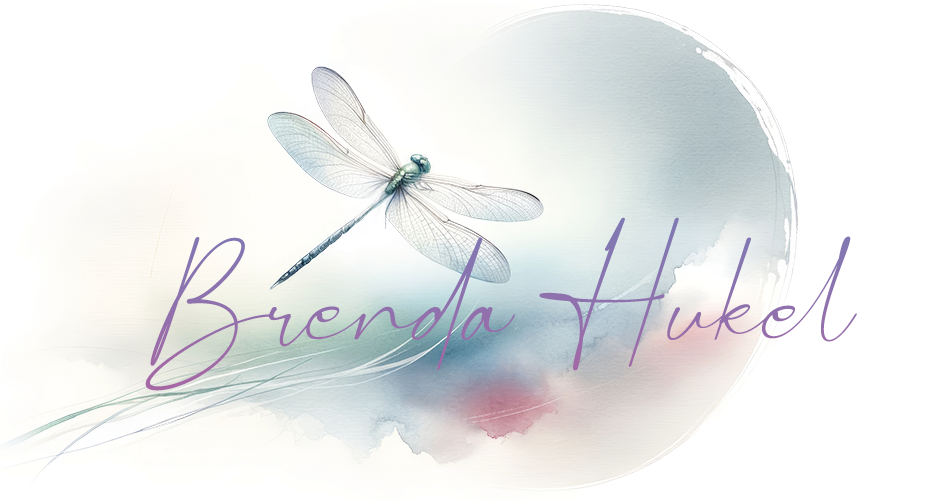The weight of excessive worrying and the constant need to control every aspect of our lives is a heavy burden carried by many, a pervasive challenge that touches countless lives.
Excessive worrying, often recognized as anxiety, extends beyond occasional concerns, delving into persistent and intrusive thoughts about potential threats or dangers.
Accompanied by physical symptoms such as restlessness, tension, and difficulty concentrating, it permeates every aspect of our existence, stealing away the joy of the present moment.
Left untreated, excessive worrying can progress into Generalized Anxiety Disorder (GAD), characterized by persistent anxiety disrupting daily life. Unlike occasional stress, GAD involves prolonged anxiety, often
lasting for months or years, and develops gradually, with onset around age 30, though it can emerge during childhood. Research has shown that it’s more prevalent in women than in men.
The correlation between excessive worrying and a strong desire for control stems from fear—fear of uncertainty, failure, and an inability to cope with life’s challenges.
Excessive worriers often believe that controlling every aspect of their lives can ward off potential threats and maintain a sense of safety and stability. However, this pursuit of control often exacerbates anxiety instead of alleviating it.
Furthermore, anxiety emerges from a feeling of spiritual disconnection, a sense of being disconnected from the present moment, others, or a higher power. When we become detached from our spiritual core, fear and uncertainty can take hold, driving persistent worry as we strive to regain control over our lives.
But what draws us to these behaviors? Why do we become consumed by worry, allowing it to dominate our lives and dictate our thoughts, emotions, and actions?
Because, we are living in the past or the future, not the present moment.
When our consciousness is aligned with our ego rather than our higher self, we operate from a negative belief system that restricts our ability to embrace change.
In his book, “A New Earth: Awakening to Your Life Purpose,” Eckhart Tolle explains the impact of the ego and underscores the importance of living in the present moment. He theorizes that the stronger our ego, the more it exerts control over us.
In this state, living in the present becomes impossible as the ego is fixated on “time” rather than “timing,” keeping our focus either on the past or the future.
The past represents our identity, while the future embodies the fulfillment of it. However, the future remains elusive — a realm of endless problems, challenges, expectations, and disappointments as we perpetually await the next achievement before allowing ourselves to experience happiness.
Yet, the only reality is the present moment; the past is unchangeable, and the future is created by the intensity of our thoughts, words, and emotions we put out into the universe. What we put out is returned because the universe doesn’t discriminate between light and dark, good or bad. Instead, the universe will continue to deliver experiences through people to match our vibrational energy.
Breaking free from obsessive worry demands courage and compassion. It’s about recognizing that peace isn’t found in controlling everything but in facing life’s challenges.
When we view these challenges as opportunities for growth and spiritual evolution, reframing them as gifts rather than burdens, we shift from passive victims to active participants in our lives.
By removing labels and definitions that limit our experiences and embracing the role of observers, we allow life to flow through us with grace and ease.
Trusting in the Divine instead of succumbing to fear and anxiety enables us to reclaim our well-being and discover a peace that transcends all obstacles, allowing us to live fully in each moment.
Consider, if you will, if a doctor told you that you had only six months left to live, would you continue to cling to worry and fear about the future, or would you choose to truly start living your life?
How do we break free from obsessive worry and reclaim our well-being?
- Begin with Awareness and Identify Triggers: Recognize whether the trigger stems from an unhealed past experience or an unresolved belief about yourself. Acknowledge the situation, thoughts, or events that sparked your worries.
- Challenge Negative Thoughts: When negative or irrational thoughts arise, question their validity and adopt a more realistic perspective. Consider if they are an avoidance tactic, explore the origin of the emotion, whether it’s rooted in the need for control, perfectionism, influenced by someone else’s fear, or a learned behavior. Opt to replace negative thoughts with positive ones.
- Focus on Solutions: Avoid dwelling on negative possibilities and instead identify solutions. Recognize the lessons this experience offers and take proactive steps to address them. Seek support when needed.
- Limit Exposure to Stressors: Identify and minimize exposure to sources of stress whenever possible. Establish healthy boundaries with individuals or situations that trigger worry. Prioritize activities that bring you more joy and fulfillment.
- Practice Self-Compassion and Reframe Self-Talk: Be kind to yourself. You are the parent of your inner child. Consider the messages you’re conveying to him/her. Are they filled with love, compassion, and encouragement? Or do they carry judgment, shame, and guilt?
- Embrace Self-Love: Acknowledge and embrace your worthiness to manifest your desired life by addressing and overcoming any obstacles hindering your path. Decide how you want to live each day and commit to living with intention and purpose.
- Practice Gratitude: By directing your focus towards gratitude, you’re energetically signaling to the universe for more of what you desire, elevating your vibration in the process.
- Embrace Mindfulness: Engage in mindfulness practices such as meditation, deep breathing exercises, yoga, immersing yourself in nature, or walking barefoot on the grass. These techniques quiet the mind, reduce anxiety, and enhance present-moment awareness, leading to greater peace and clarity in navigating life’s challenges.
In closing, we stand at a crossroads: one path offers the comfort of worry and fear, while the other calls us to courageously embrace life’s uncertainties and live authentically.
Let’s choose the journey of healing, growth, and peace, affirming our inherent worthiness to shape our destinies and find joy in every moment.
Explore further insights on fearlessly authentic living in my other articles and my upcoming book, soon to be released! Stay tuned for the upcoming release date.



0 Comments